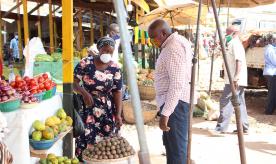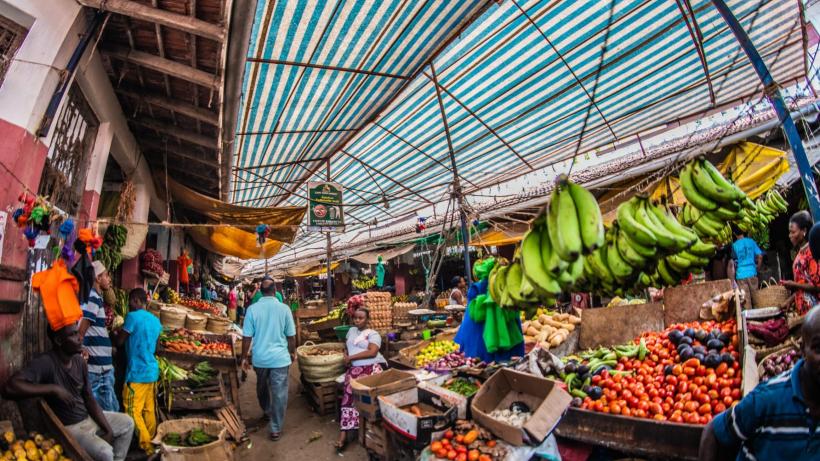Tracking price dynamics during a pandemic in Kenya and Uganda
As the COVID-19 pandemic unfolds across the globe, economies face disruptions in global and national supply chains due to the pandemic itself and related government response measures. The disruptions pose a serious threat to food security. In Kenya and Uganda, policymakers are particularly worried about COVID-19 induced price spikes and supply shortages of essential consumer goods (Evans and Mendez-Acosta (2020)).
Our project seeks to
- Generate spatially disaggregated data to track local market outcomes, in particular retail prices, in Kenya and Uganda during the ongoing pandemic
- Study the importance of different channels that drive the observed market outcomes.
The project is motivated by both short and long-term objectives. In the short run, our goal is to provide policymakers in Kenya and Uganda with reliable real-time data to inform decision making. In a dynamically evolving situation like the current COVID-19 crisis, real-time price data can help decision-makers in planning, implementing and assessing the effectiveness of relevant and precise policies.
Cash transfer programmes, for example, targeted at vulnerable households only translate into increased food security if the markets for essential consumer goods are relatively stable (Gerard et al (2020)). We therefore work towards providing an easily scale-able data collection tool and source of information for policymakers and researchers that go beyond the standard methodology to track inflation through Consumer Price Indices by collecting prices on a frequent basis rather than just monthly and focussing on all geographic areas rather than just major urban centres.
In the long run, our data structure will allow us to study the impact of shocks to local market structures. To disentangle supply and demand-side disruptions we hope to eventually combine price data with administrative data and spatially-disaggregated secondary data.
To generate real-time data during the evolving pandemic, we rely on a quick-response online survey to track product prices and availability of selected essential consumer products across Kenya and Uganda. We recruit volunteers, mainly university students and staff/network members of NGOs, who record prices through an online form on their smartphone - either when or after visiting a shop in-person or getting deliveries. Our main outcome variables are retail prices and product availability.
Through the survey, we further collect information on product brands, shop and neighbourhood characteristics.








